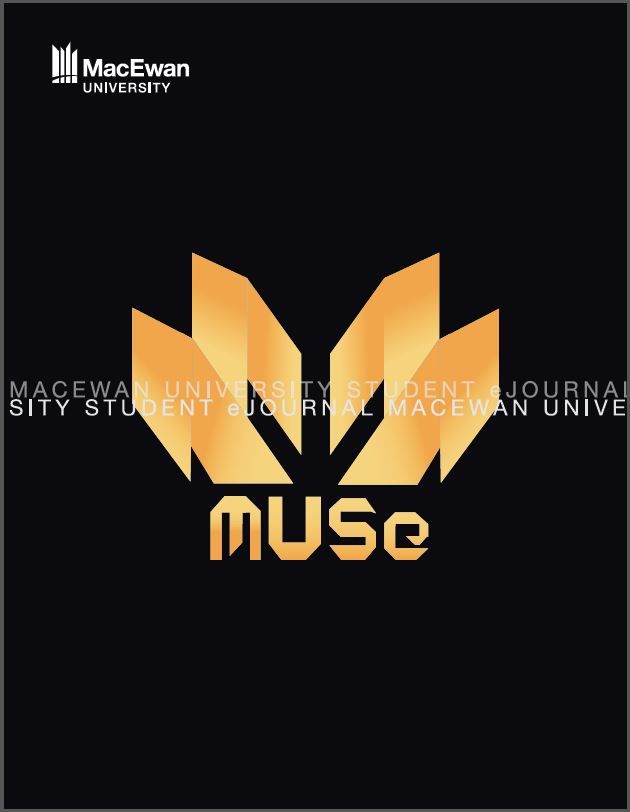Joan of Arc - A Study in Virginal Power and Female Autonomy
DOI:
https://doi.org/10.31542/f51g2v03Abstract
This paper examines the life of Joan of Arc, a visionary and military leader from fifteenth-century France, through contemporary records and later posthumous interpretations by admirers and detractors alike to determine if Joan was able to achieve autonomy in her brief career, and if so, by what methods. Using these resources, it argues that Joan was clearly able to achieve an unprecedented level of political and military autonomy for a common woman in fifteenth-century Europe by using the holy notions of virginity and divine connection that has allowed many mystics and visionaries to ascend beyond their stations throughout history. Furthermore, it considers the gendered notions of clothing that were clearly at play, as many considered Joan to be ‘dressing as a man’ and changing her identity to achieve her goals, an argument that this paper disagrees with based on the evidence.
References
Downloads
Published
Issue
Section
License
Copyright (c) 2025 Steven Jewkes

This work is licensed under a Creative Commons Attribution-NonCommercial 4.0 International License.
By publishing works in MUSe, authors and creators retain copyright under a Creative Commons Attribution NonCommercial (CC BY-NC) license, which allows others to share these works for non-commercial purposes as long as credit is given. The MUSe Editorial Board reserves the right to make copy-editing changes to works prior to publication to ensure they conform to the publication's style and quality standards. The Editorial Board also reserves the right to archive published submissions in MacEwan University's institutional repository, RO@M.



